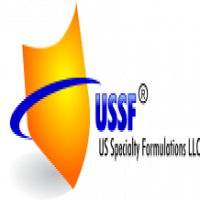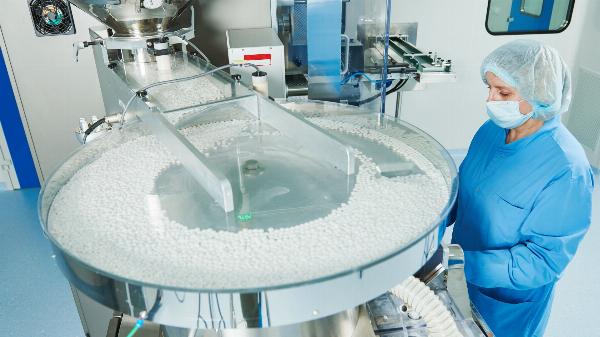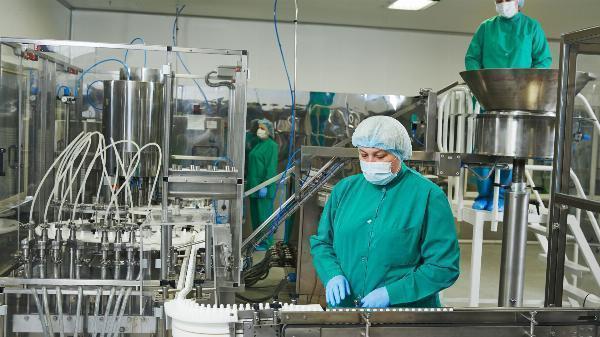Navigating Formulation Development and Scale-Up: The Backbone of Pharmaceutical Innovation

Strong 8k brings an ultra-HD IPTV experience to your living room and your pocket.
In the intricate world of pharmaceuticals, formulation development and scale-up serve as the cornerstone of bringing new drugs from concept to market. These processes involve fine-tuning the composition of drug formulations and transitioning them from laboratory-scale experiments to commercial production. Let's embark on a journey to understand the significance of formulation development and scale-up in pharmaceutical innovation, along with the pivotal role of formulation services in this journey.
Formulation Development: Crafting the Blueprint for Success
Formulation development is the meticulous process of designing the composition and dosage form of a drug to achieve the desired therapeutic effect. It encompasses various factors, including the selection of active pharmaceutical ingredients (APIs), excipients, and delivery systems tailored to the specific characteristics of the drug and the intended route of administration.
Key aspects of formulation development include:
API Compatibility: Assessing the compatibility of APIs with different excipients and delivery systems to ensure stability, efficacy, and safety.
Dosage Form Selection: Choosing the most suitable dosage form (e.g., tablets, capsules, injections, creams) based on factors such as drug solubility, bioavailability, and patient preferences.
Excipient Selection: Identifying excipients that enhance drug stability, bioavailability, and patient acceptability while ensuring compatibility with manufacturing processes and regulatory requirements.
Process Optimization: Optimizing manufacturing processes to achieve uniformity, reproducibility, and scalability while minimizing production costs and environmental impact.
Preformulation Studies: Conducting comprehensive physicochemical characterization studies to understand the properties and behavior of drug substances and guide formulation design.
Formulation Scale-Up: Bridging the Gap from Lab to Market
Formulation scale-up is the critical transition from laboratory-scale formulation development to large-scale manufacturing. It involves adapting and optimizing formulation and manufacturing processes to meet the requirements of commercial production while maintaining product quality, consistency, and regulatory compliance.
Key considerations in formulation scale-up include:
Process Validation: Validating manufacturing processes to ensure consistency and reproducibility across batches, including equipment qualification, process optimization, and performance qualification.
Regulatory Compliance: Ensuring compliance with regulatory requirements, including Good Manufacturing Practice (GMP) guidelines, throughout the scale-up process to obtain regulatory approval for commercial production.
Technology Transfer: Transferring formulation and manufacturing processes from development laboratories to commercial manufacturing facilities while minimizing risks and ensuring continuity of product supply.
Quality Control: Implementing robust quality control measures to monitor and verify the quality of raw materials, intermediates, and finished products at each stage of scale-up.
Supply Chain Management: Establishing reliable supply chains for raw materials, excipients, and packaging materials to support commercial production and meet market demand.
Formulation Services: Enabling Pharmaceutical Innovation
Formulation services play a vital role in supporting pharmaceutical companies throughout the formulation development and scale-up process. These services offer specialized expertise, infrastructure, and resources to accelerate drug development, optimize formulation design, and navigate regulatory requirements.
Key benefits of formulation services include:
Expertise: Access to multidisciplinary teams of scientists, engineers, and regulatory experts with extensive experience in formulation development, scale-up, and commercialization.
Flexibility: Customizable services tailored to the specific needs and requirements of each drug development program, from early-stage research to late-stage clinical trials and commercial production.
Accelerated Development: Expedited development timelines through streamlined processes, advanced technologies, and efficient project management, reducing time-to-market and maximizing return on investment.
Risk Mitigation: Identification and mitigation of technical, regulatory, and supply chain risks through comprehensive risk assessment and mitigation strategies.
Regulatory Support: Guidance and assistance in navigating complex regulatory pathways, preparing regulatory submissions, and obtaining regulatory approval for new drug products.
Conclusion
Formulation development and scale-up are indispensable stages in the pharmaceutical product lifecycle, laying the foundation for successful drug development and commercialization. By leveraging formulation services and expertise, pharmaceutical companies can overcome technical challenges, accelerate development timelines, and bring innovative therapies to market more efficiently. As the pharmaceutical industry continues to evolve, the importance of formulation services in driving pharmaceutical innovation and improving patient outcomes cannot be overstated.
Note: IndiBlogHub features both user-submitted and editorial content. We do not verify third-party contributions. Read our Disclaimer and Privacy Policyfor details.







